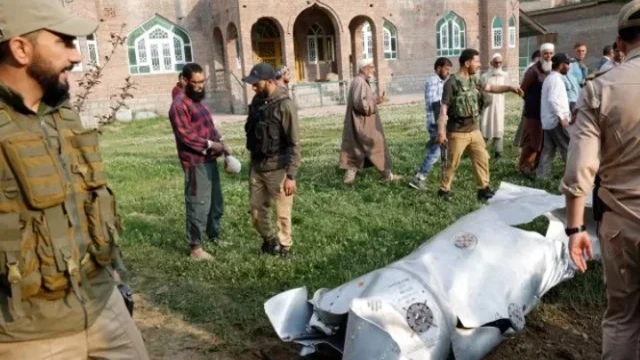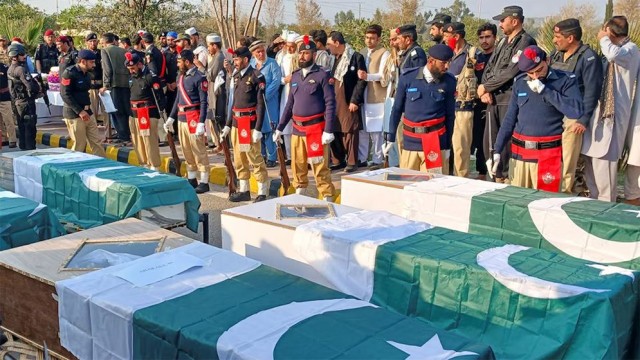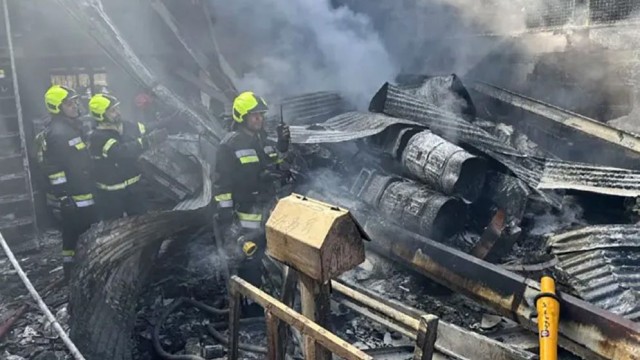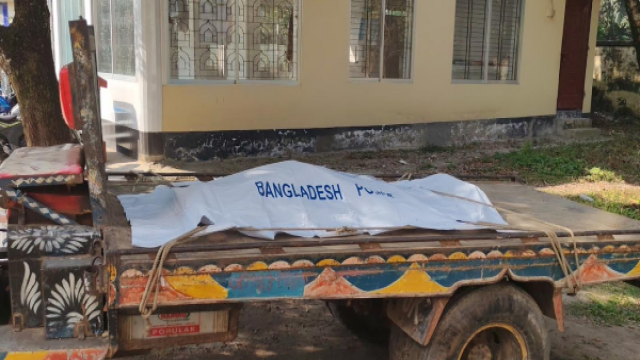Islamabad, May 07 (V7N) – Pakistan's Defence Minister Khawaja Asif has claimed that the country's armed forces shot down five Indian Air Force (IAF) fighter jets in a powerful retaliatory response to India’s recent missile attacks.
In an interview with Geo News on Wednesday, Khawaja Asif said Pakistan had "reached the pinnacle" of its response, delivering a strong and precise counterattack following India’s strikes late Tuesday night.
“Our armed forces have shown unwavering resolve in defending Pakistan’s sovereignty and territorial integrity,” said the minister.
“We do not wish to escalate the situation, but if India continues its aggression, Pakistan will respond firmly and decisively.”
Asif reiterated Pakistan’s openness to dialogue, but only if India halts its "hostile activities."
According to state-run PTV, Pakistani forces also targeted and destroyed an Indian Army brigade headquarters during the retaliatory operations. In addition, a military post in the Dudanial sector of the Line of Control (LoC) was reportedly destroyed by missile strikes, Express Tribune reported. Pakistan also claimed to have downed a drone during the escalation.
While earlier reports indicated that three Indian jets had been downed, the latest statement from the Defence Minister raised that number to five.
This sharp escalation follows a deadly incident on April 22, when 26 people were killed in a gun attack in Indian-administered Jammu and Kashmir. India has accused Pakistan of involvement in that attack — an allegation Pakistan has categorically denied.
India has maintained that its missile strikes were part of ‘Operation Sindoor’, targeting terrorist infrastructure in Pakistan and Pakistan-occupied Jammu and Kashmir (PoJK). The Indian military has claimed that nine sites were hit, and insisted that no Pakistani military personnel were targeted.
Meanwhile, the human toll in Pakistan is rising, with eight confirmed dead and at least 35 injured from the Indian missile attacks.
The rapidly deteriorating security situation has sparked concerns of a broader military conflict between the two nuclear-armed neighbors, and global observers are urging restraint and immediate de-escalation.
END/MSS/AJ































Comment: